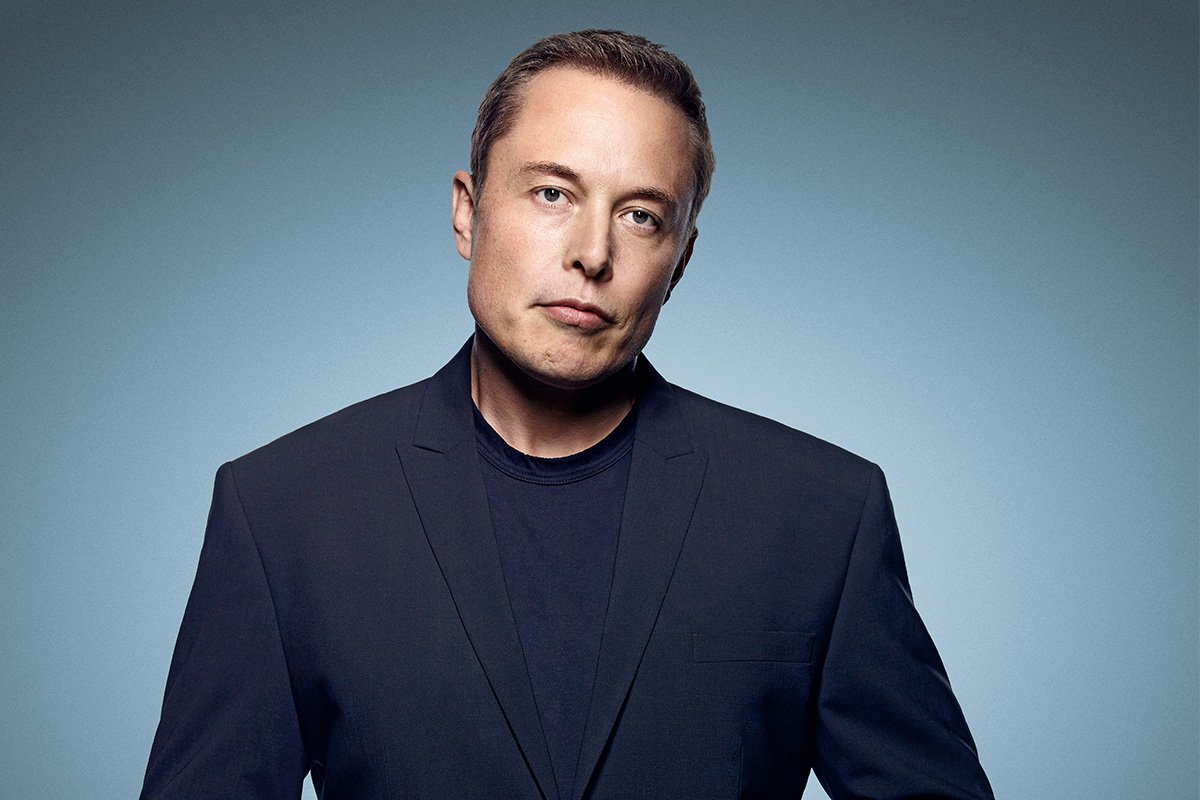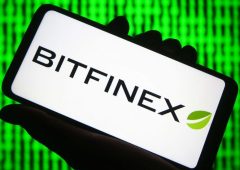Elon Musk vs. OpenAI: The Legal Feud Returns
06.08.2024 11:00 1 min. read Alexander Stefanov
Elon Musk has reignited his legal battle with OpenAI and its CEO, Sam Altman, by filing a new lawsuit on August 5 in California. This follows Musk's earlier decision to drop a similar case in June.
Musk, who co-founded OpenAI with Altman in 2015, initially sued the organization in February, accusing it of abandoning its nonprofit roots. He temporarily withdrew his lawsuit after OpenAI released a blog post that included some of his private communications.
In his latest legal filing, Musk accuses Altman of manipulating him into supporting OpenAI under the guise of it being a nonprofit. Musk claims he invested heavily in terms of time, money, and recruitment efforts, only for Altman to later pivot the organization towards profit-making.
OpenAI’s March blog post included emails suggesting Musk was aware of, and even supported, this shift. It stated that both parties recognized the necessity of a for-profit model to secure the resources needed for developing advanced AI.
Despite this, Musk has since become a critic of OpenAI, condemning it as a “closed source, maximum-profit company effectively controlled by Microsoft” in a 2023 post on his social media platform, X.
Meanwhile, X is reportedly under investigation by Irish regulators due to allegations that user data might have been used to train Musk’s AI chatbot, Grok.
-
1
Trump-Backed World Liberty Financial Eyes Tokenized Commodities and Stablecoin Integration
01.10.2025 12:22 2 min. read -
2
China Establishes Shanghai Hub to Push Digital Yuan Abroad
27.09.2025 19:00 1 min. read -
3
Moody’s Warns Crypto Adoption in Emerging Markets Threatens Monetary Control
27.09.2025 17:00 1 min. read -
4
Weekly Report: Key Developments Shaping the Global Crypto Ecosystem
05.10.2025 20:00 3 min. read -
5
Mike Selig Tipped to Lead CFTC as Washington Warms to Crypto Reform
05.10.2025 19:00 2 min. read
MrBeast’s Secret Trademark Filing Hints at a Huge Crypto Project
YouTube’s biggest creator, Jimmy Donaldson – known to the world as MrBeast – may soon make a surprising leap from viral challenges to digital finance.
Crypto Veteran Launches $250M Fund to Snap Up Blockchain Startups
Arthur Hayes’ Maelstrom is making a bold move into crypto acquisitions, targeting over $250 million to buy mid-sized blockchain companies.
Why Everyone’s Watching This New Stripe-Linked Blockchain
Stripe and Paradigm’s blockchain initiative, Tempo, has taken a major step forward by raising $500 million in its Series A funding, with Thrive Capital and Greenoaks leading the round.
Ondo Finance Demands Clarity on Nasdaq’s Tokenized Stock Proposal
Ondo Finance, a startup focused on bringing real-world assets onto blockchain, has raised concerns over Nasdaq’s proposal to introduce tokenized versions of stocks and ETFs.
-
1
Trump-Backed World Liberty Financial Eyes Tokenized Commodities and Stablecoin Integration
01.10.2025 12:22 2 min. read -
2
China Establishes Shanghai Hub to Push Digital Yuan Abroad
27.09.2025 19:00 1 min. read -
3
Moody’s Warns Crypto Adoption in Emerging Markets Threatens Monetary Control
27.09.2025 17:00 1 min. read -
4
Weekly Report: Key Developments Shaping the Global Crypto Ecosystem
05.10.2025 20:00 3 min. read -
5
Mike Selig Tipped to Lead CFTC as Washington Warms to Crypto Reform
05.10.2025 19:00 2 min. read
Elon Musk recently engaged in a conversation with Tucker Carlson, during which he expressed his strong support for Donald Trump’s presidential aspirations.
Elon Musk has raised alarms about the direction of the U.S. economy, predicting that unchecked government spending could lead to bankruptcy.
Elon Musk and Tesla successfully defended against a class action lawsuit in 2022, which accused Musk of influencing Dogecoin's market to the detriment of investors.
Elon Musk’s Department of Government Efficiency (DOGE) is reportedly targeting the U.S. Securities and Exchange Commission (SEC), expanding its efforts to tackle inefficiencies in federal agencies.
The Dogecoin price has been a roller coaster ride for years, particularly since Tesla CEO Elon Musk took an interest in the meme token.
As memecoins linked to public figures gain traction, Errol Musk, father of Elon Musk, is reportedly trying to capitalize on the trend.
A prominent legal battle involving Elon Musk and allegations of Dogecoin (DOGE) price manipulation has officially come to an end.
Elon Musk’s ability to spark explosive meme coin rallies appears to be wearing thin.
Emojis that automatically appeared with hashtags for Bitcoin and other cryptocurrencies are no longer visible on the Elon Musk-owned social platform X.
Elon Musk-owned platform X has agreed to stop collecting and processing user data in the European Union (EU).
Elon Musk’s Department of Government Efficiency (DOGE) has made notable strides in reducing U.S. government spending, saving taxpayers an impressive $36.7 billion.
Dogecoin has been facing some significant challenges, with its price dipping after an attempt to break past critical resistance levels.
A new fundraising effort tied to Dogecoin is underway, with Alex Shapiro, Elon Musk’s personal lawyer, reportedly serving as chairman of a digital asset treasury (DAT) designed to channel capital directly into the token.
SpaceX has moved 1,308 BTC—worth roughly $150 million—to a new wallet address, marking its first on-chain activity in more than three years.
Recent data from Arkham Intelligence reveals that SpaceX, the aerospace company founded by tech billionaire Elon Musk, holds a substantial amount of Bitcoin.
A major shift in global finance could be underway as Standard Chartered foresees a huge migration of money from emerging market banks into stablecoins.
Emirates Airline has taken a bold step toward embracing digital finance by signing a Memorandum of Understanding (MoU) with leading cryptocurrency platform Crypto.com.
A new academic study has revealed a serious flaw in global satellite communications — vast amounts of unencrypted data, including personal messages and even military information, are being broadcast openly across the skies.


